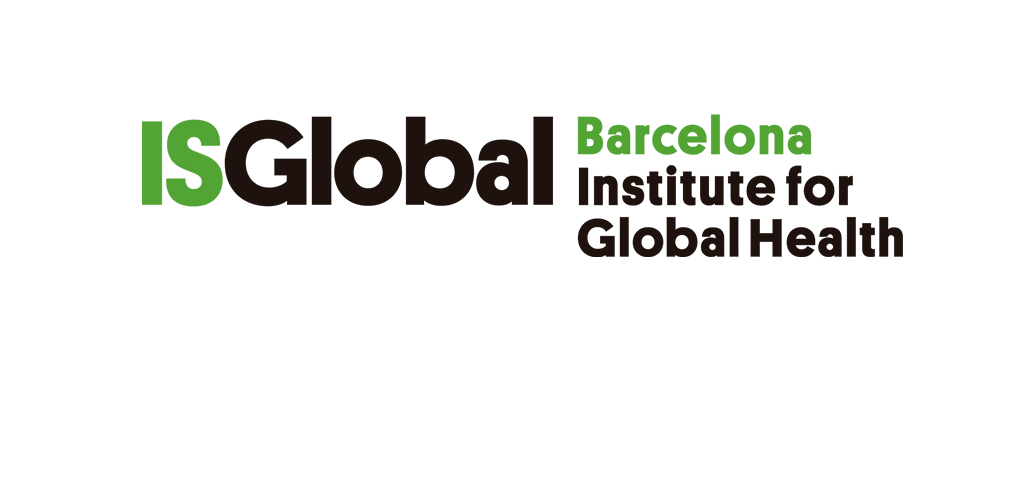Fishermen Prestige suffer alterations in their DNA and respiratory problems
24.08.2010

The journal publishes Annals of Internal Medicine dated August 24, 2010 article entitled "Changes in Health After 2 Years Fishermen Clean-up of the Prestige Oil Spill" results SEPAR-Prestige Study which evaluated effects on Galicia health sailors who participated in the clean fuel. The study was conducted between September 2004 and February 2005, after about two years after the people who participated had the last contact with the fuel. In the same 678 sailors (501 exposed and 177 unexposed). The study involved the administration of a clinical questionnaire, the assessment of lung function, the study of respiratory inflammation markers and analysis of chromosomal alterations in blood cells.
The study shows that compared with unexposed persons, who participated in the cleaning of the fuel referred more respiratory symptoms. Also, among participants who were not smokers, who were exposed to fuel obtained, showed reactive changes in exhaled air suggestive of airway inflammation and a higher proportion of chromosomal alterations in blood cells. Some of these changes were more prominent in people who had greater exposure to fuel.
Overall, the results indicate that participation in the cleanup of oil spills can have undesirable effects on health. No evidence was found of any current illness, only biological alterations that may predispose to develop disease. To check whether the changes described persist or fade over time has conducted a second study in the same cohort of sailors, after 5 years since the last contact with the fuel (SEPAR-Prestige Study II).
SEPAR-Prestige Study
The spill of 67,000 tonnes of fuel by the tanker Prestige was in November 2002. In January 2003 the Spanish Society of Pneumology and Thoracic Surgery (SEPAR) prompted the study, and commissioned the same direction of Drs. Joan Albert Barberà, Francisco Pozo-Rodriguez and Hector Verea, the Services of Pneumology of the Hospital Clinic of Barcelona, Doce de Octubre in Madrid and Juan Canalejo of A Coruña. It set up a research team composed of G. Rodríguez-Trigo (Complexo Hospitalario Universitario de A Coruña, now in the Hospital Clínico San Carlos, Madrid); JP Zock, J.M. Antó and L. Bouso (Centre for Research in Environmental Epidemiology, Barcelona); FP Gómez (Hospital Clínic-IDIBAPS, Barcelona) and C. Fuster, G. Monyarch and M.D. Coll (Autonomous University of Barcelona).
The study "SEPAR-Prestige" was made in two phases I and II, which were conducted two and five years respectively after exposure. The project has been funded by the Fondo de Investigación Sanitaria (Instituto de Salud Carlos III, projects and PI05/0548 PI03/1685) and financed by the own SEPAR, Research Center Respiratory Disease Network (CIBER), Center Research in Public Health Network (CIBERESP) and the Ministry of Health, Government of Galicia.
SEPAR-Prestige Study I. The first part of the study involved the administration of a questionnaire to 6780 sailors. The results indicate that participation in cleaning the fuel is associated with an increased risk of respiratory symptoms ? chronic cough and phlegm, wheezing in the chest and difficulty breathing ? two years after exposure. The method and results are described in detail in an article published in September 2007 in the American Journal Respiratory and Critical Care Medicine (Am J Respir Crit Care Med Vol 176: pp 610-616, 2007). The results of the second part of the study are those that have now been published in the journal Annals of Internal Medicine.
SEPAR-Prestige Study II. The field work was completed in February 2009, and analysis of blood samples and exhaled gas condensate is almost complete. Researchers are currently focused on the analysis and interpretation of results, to be published in due course.
Source: SEPAR



